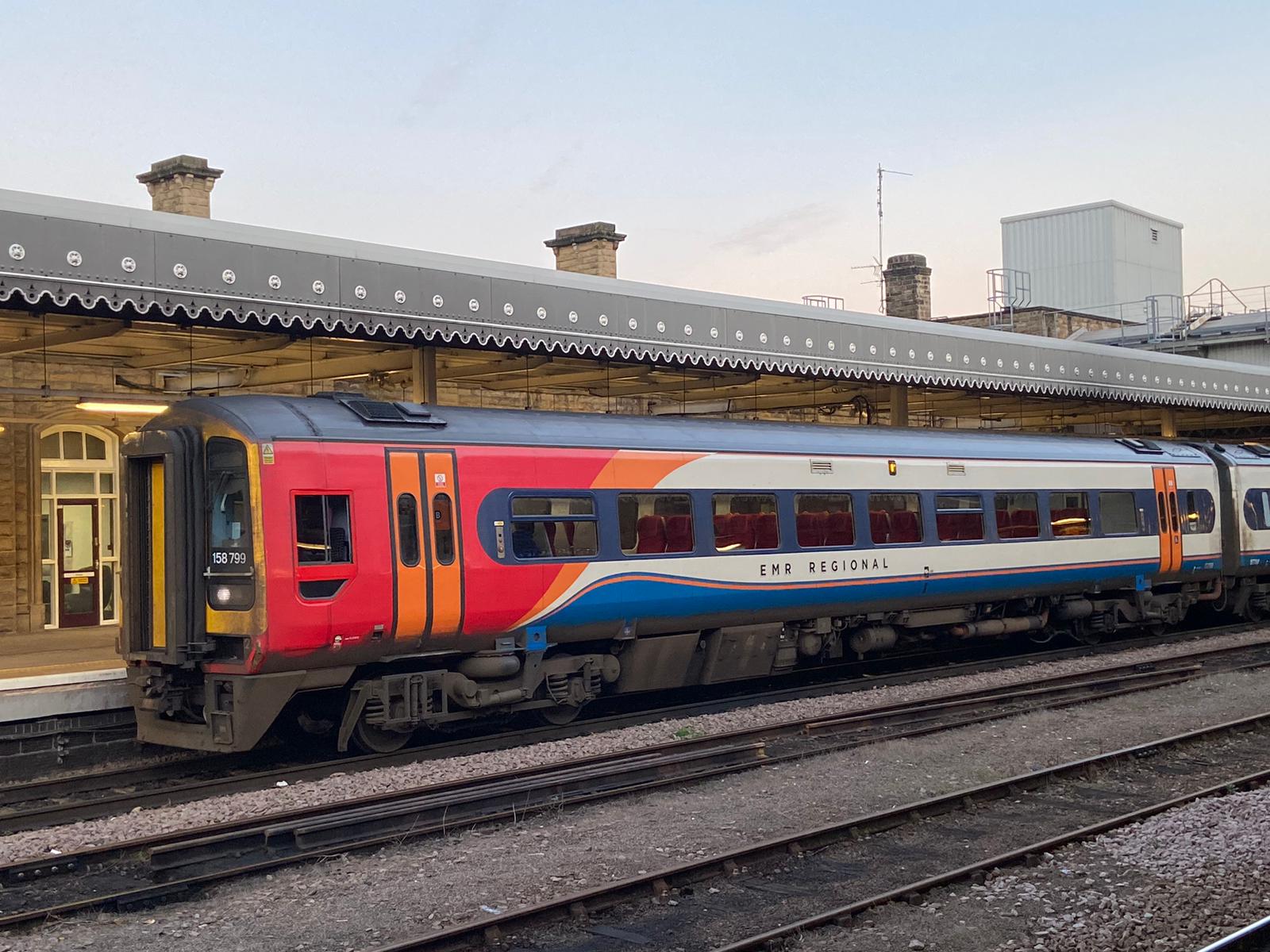Members of the train drivers union ASLEF will take part in a walkout from 2 to 8 December, as part of the most recent wave of train strikes.
The ASLEF union, which has over 21,000 members, covers multiple train lines, including: East Midlands Railway, CrossCountry, and Northern. The strikes are set to cause havoc to services going in and out of Sheffield.
Members will also refuse to work any overtime from 1 to 9 December.
Sheffield residents have been vocal about how these strikes will affect them. Holly Ayrton, 25, said: “We are struggling now to work out what we’re going to do but also, in the same respect, I’m very supportive of the union’s strike and I understand the reasons but we have struggled because of it, which is difficult.”
Typically, the union calls for all train companies to walkout on the same day. However, to create the most disruption, different train companies will be walking out on each of the strike days.
When asked about her opinions about the upcoming train strikes, Alice Brengosz, 22, said: “I can imagine it’s going to be quite frustrating but I don’t really mind. I mean people have got to do what they’ve got to do.”
Train drivers at the majority of English Train Operating Companies (TOCs) have not had a salary increase in four and a half years and with the ongoing cost of living crisis, their pay is not stretching as far as it used to.
Mick Whelan, ASLEF’s general secretary, said: “Every time they vote – and they have voted overwhelmingly – for strike action in pursuit of a proper pay rise it is a clear rejection of the offer that was made in April.”
ASLEF has managed to obtain reasonable pay deals with 14 companies over the past year but has been unable to come to an agreement with all of the train companies that are controlled by the government.
Train drivers are not only fighting for improved pay. Companies are asking for their terms and conditions to be updated, which is an even more complex issue owing to the differing needs of each train company.
With the government’s refusal to deal with TOCs separately, negotiations have been made even harder. Mr Whelan said: “Some TOCs have Sundays in the working week, some don’t. One size does not – cannot and will not – fit all.”
While RMT have just announced the end of their strikes, train drivers under ASLEF are still struggling to get their demands met.
As there seems to be no willingness from the government to listen to the concerns of train drivers, it is unlikely that Sheffield and the rest of the UK will see an end to train strikes in the near future.
Mr Whelan said: “We will continue to take industrial action until the train companies – and/or the government – sits down and negotiates with us in good faith.”
The results of ASLEF’s recent reballot have been released, this morning, with members, once again, voting for another six months of train strikes.



